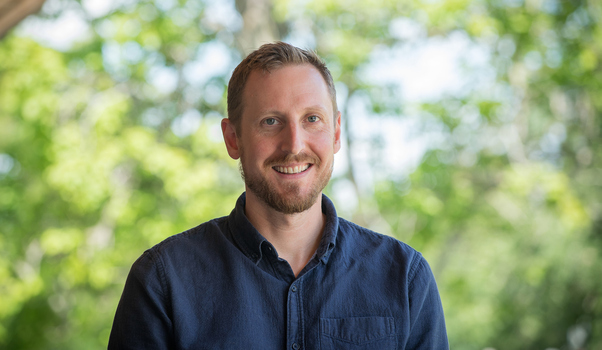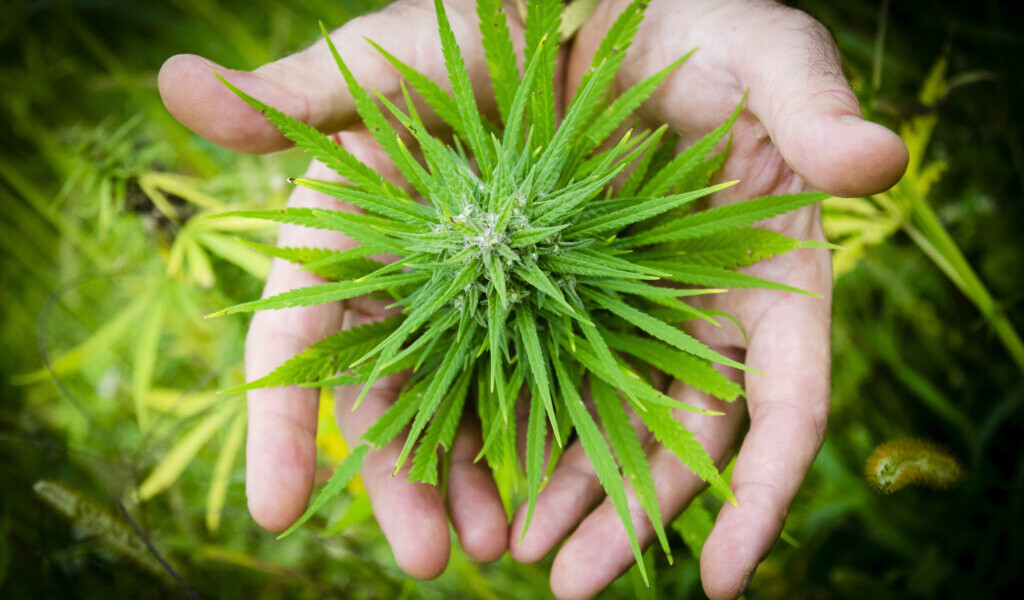Harlan Morehouse isn’t about to sugarcoat the severity of environmental challenges facing the world today.
The planet’s average surface temperature has risen about 1.62 degrees Fahrenheit since the late 1800s. Most of the warming occurred in the past 35 years, with the five warmest years on record taking place since 2010. But the root causes of global environmental change started long before.
Morehouse, who will teach GEOG 95: Facing Environmental Futures this summer to high school pre-college students in UVM’s Summer Academy, will talk to students about current environmental challenges, how history plays a significant part, and how to work toward a better future.
“The course looks at environmental challenges by taking into account how social, political, and economic systems are really significant drivers of catastrophic environmental change,” he says. “It’s important to touch upon the fact that there’s a history to this. Global climate change didn’t just occur out of nowhere. There’s a history of political and economic processes that have contributed to the emergence of this crisis.”
As the state of the global environment is uncertain, society faces several challenges that threaten to undermine human health and well-being, he says. In Morehouse’s course, students will examine the nature of these challenges, how they came to be, and how they might respond to them in ways that are equitable and just.
Facing Environmental Futures is part of UVM’s Summer Academy, a four-week residential and online program offered to high school juniors and seniors who want to explore areas of study and earn transferable college credit.
The precollege summer programs course is primarily discussion-based and students will draw on environmental data and key concepts to strategize how to move forward.
The Relationship Between Nature and Society
Morehouse explains that his students will quickly learn that geography is much more than maps and the names of countries. They’ll get a sense of some of the core concepts in geography that center around the relationship between nature and society. Western society is accustomed to separating these categories, with nature often representing a place where human activity is somehow absent.
Students will look at how nature and society are not, in fact, separate but rather co-productive and co-evolutionary. They’re complexly entangled, and one cannot be thought of without simultaneously thinking about the other.
Understanding the complex relations between nature and society will help students approach the subject of political ecology. Political ecologists argue that something like global climate change cannot be understood independently of the political and economic systems that drive that change.
“If we’re posing the question of how global climate change came to be, our answers will inevitably touch on how energy-intensive economic systems play a significant role,” Morehouse says. “And, by extension, we’ll end up touching upon forms of political power that are expressed through those economic systems. Put differently, the ongoing climate emergency didn’t just happen by chance.”
Morehouse wants students to gain informed knowledge about the climate crisis and how it came to be, summon the necessary courage to develop strategies to address the root causes of the climate crisis, and learn techniques to enroll others into their cause.
“Building better futures isn’t a solitary task, but one that requires solidarity,” he says. “The aim of this course to not produce pessimism. Pessimism is an entirely understandable reaction to our condition, but in my view, it makes for a poor destination. If we are pessimistic about the future, then we give up. That’s precisely not what we need at this critical juncture.”
Morehouse says the course is ideal for high school students who have a baseline concern about what’s happening with the environment. He also wants to create a space where students can share their fears, ideas, and anger about global climate change.
“It’s crucial to be able to stage spaces where younger generations feel like they’re being listened to and their worries, ideas, fears, anxieties, outrage are validated. Younger people are fundamentally aware of what’s going on and they have deep questions, even existential questions about the future,” Morehouse says. “My course is a great opportunity for students who are experiencing anxiety or outrage to be able to inhabit those emotions, unpack them, and figure out ways to direct them toward better futures.”
Register for GEOG 95: Facing Environmental Futures




